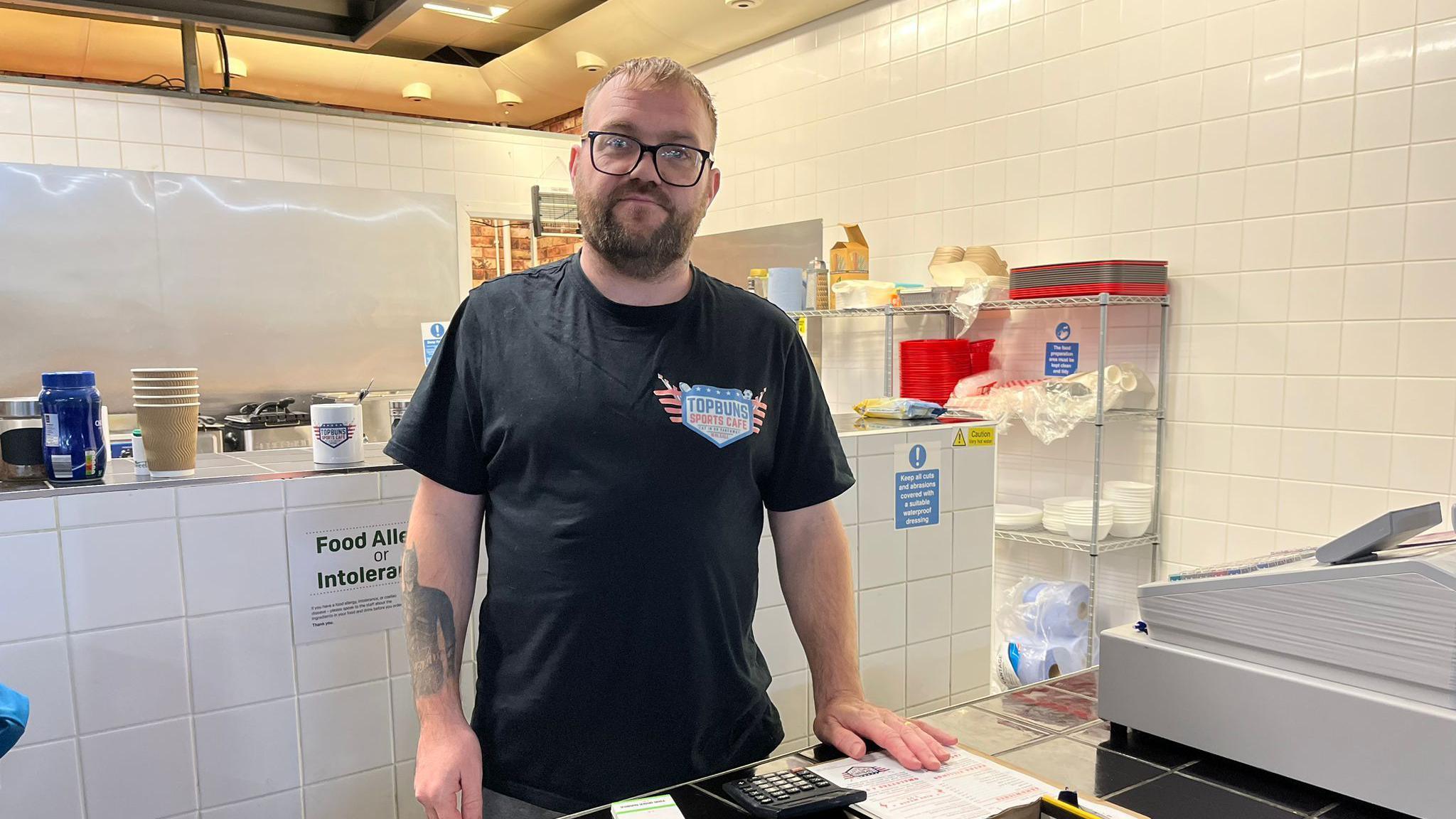Closing leather museum an affront, says campaigner
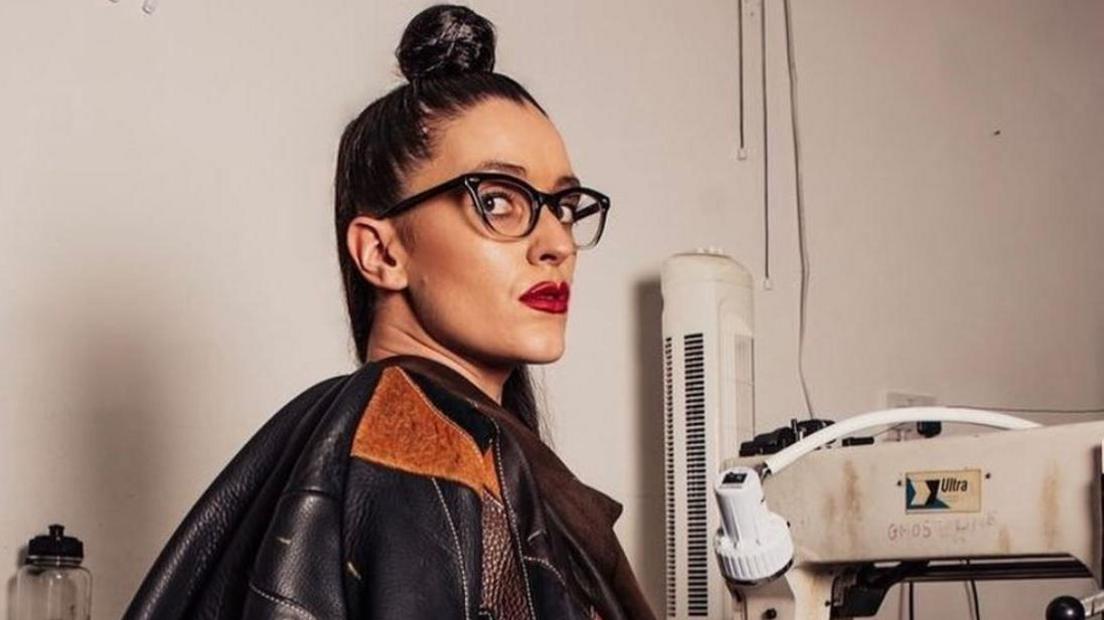
Lauren Broxton said 'leather working is deeply written into our heritage'
- Published
Campaigners trying to stop the closure of Walsall's leather museum have described the proposals - including plans to digitise parts of the collection - as an "affront" to the town, given the industry "is so deeply written into our heritage".
Proposals due to be considered by Walsall Council next month also include some physical samples going on display elsewhere.
Campaigner Lauren Broxton said the industry was "about where we come from". A petition opposing the closure has more than 2,000 signatures.
Walsall Council said more visitors were needed to ensure the "long-term sustainability of the museum".
It added that a town centre location would also make it more accessible.
Gary Flint, the councillor responsible for Health and Wellbeing, said the aim was to create "a new, inclusive, and progressive museum that can better serve the diverse needs of our community".
He also said there was a wider aim of including the museum in a "dynamic cultural hub".
The local authority's cabinet is due to discuss budget proposals on 12 February and a decision to close could then follow by the end of the month.
Ms Broxton said her connection to the museum - on Littleton Street West - came through working as a fashion designer specialising in leather work for 30 years.
She said the town had a long association with the trade and "everybody knows someone who works in leather, or whose family has worked in leather".
The museum, in a Victorian building which was once a leather-making factory, explains the leather-working process and tells visitors about Walsall's links to the industry, using artefacts from local people and telling personal stories.
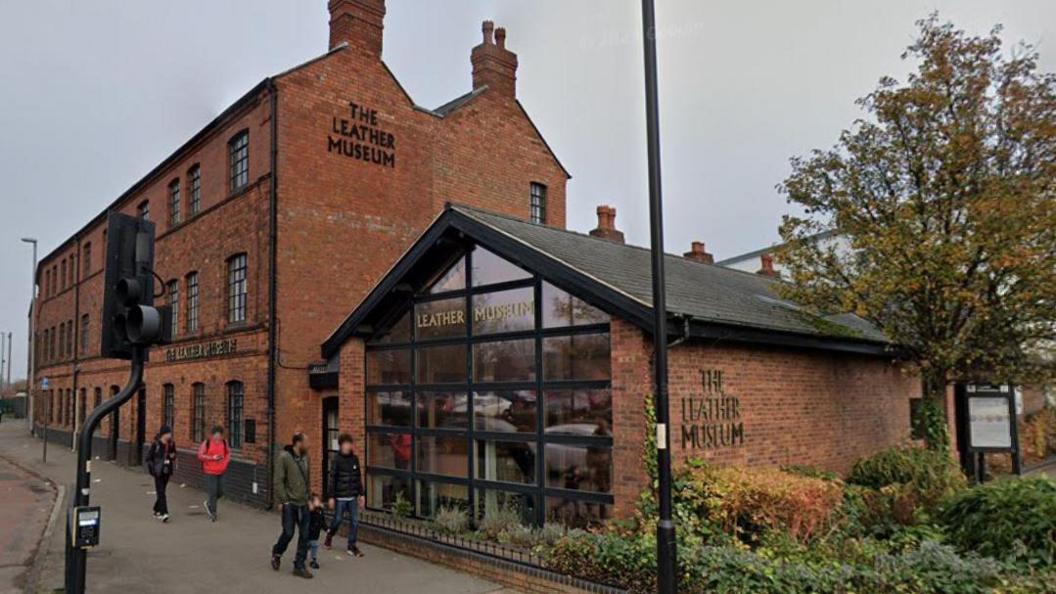
The Leather Museum explains the leather-working process and Walsall's links to the industry
Proposals to move some of the artefacts to another location in the town and digitise others have not impressed campaigners.
Claire Taylor, who set up the online petition, said: "The museum represents more than just a building; it is a meeting place, an educational resource, and a symbol of our unique leather-working heritage."
Ms Broxton, who described the building as a "relic or shrine", said it would be impossible to recreate the smells, sounds and feel of leather work in digital form.
She said many people would have happy memories of going as a child to the museum, which opened in 1988.
She added she was hoping people would "make as much noise" as possible before the council meeting.
Mr Flint said feedback from a consultation was currently being considered, and added that if the museum was relocated, the council would "ensure our heritage is celebrated in a space that reflects its importance to our community".
Get in touch
Tell us which stories we should cover in Birmingham and the Black Country
Follow BBC Birmingham on BBC Sounds, Facebook, external, X, external and Instagram, external.
- Published29 December 2024
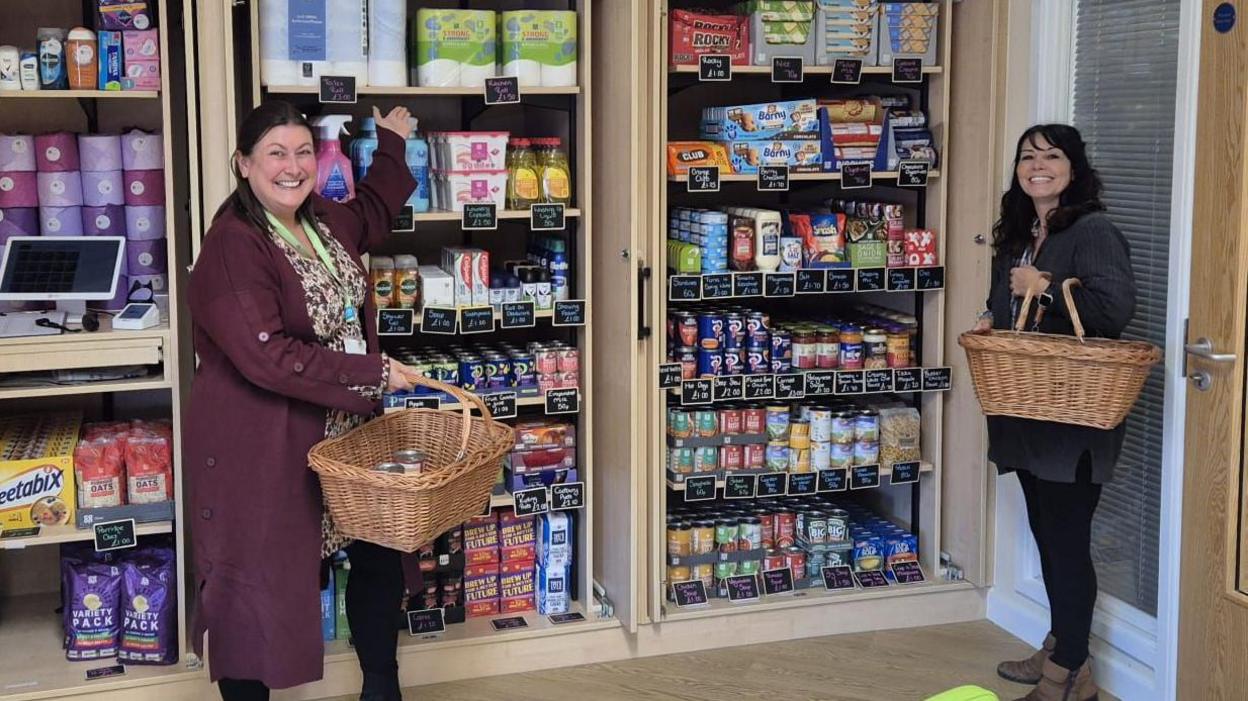
- Published30 August 2024
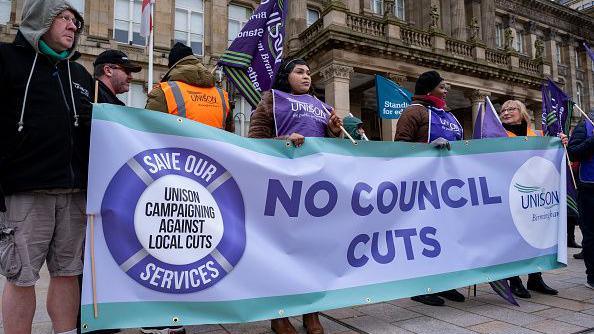
- Published21 November 2024
